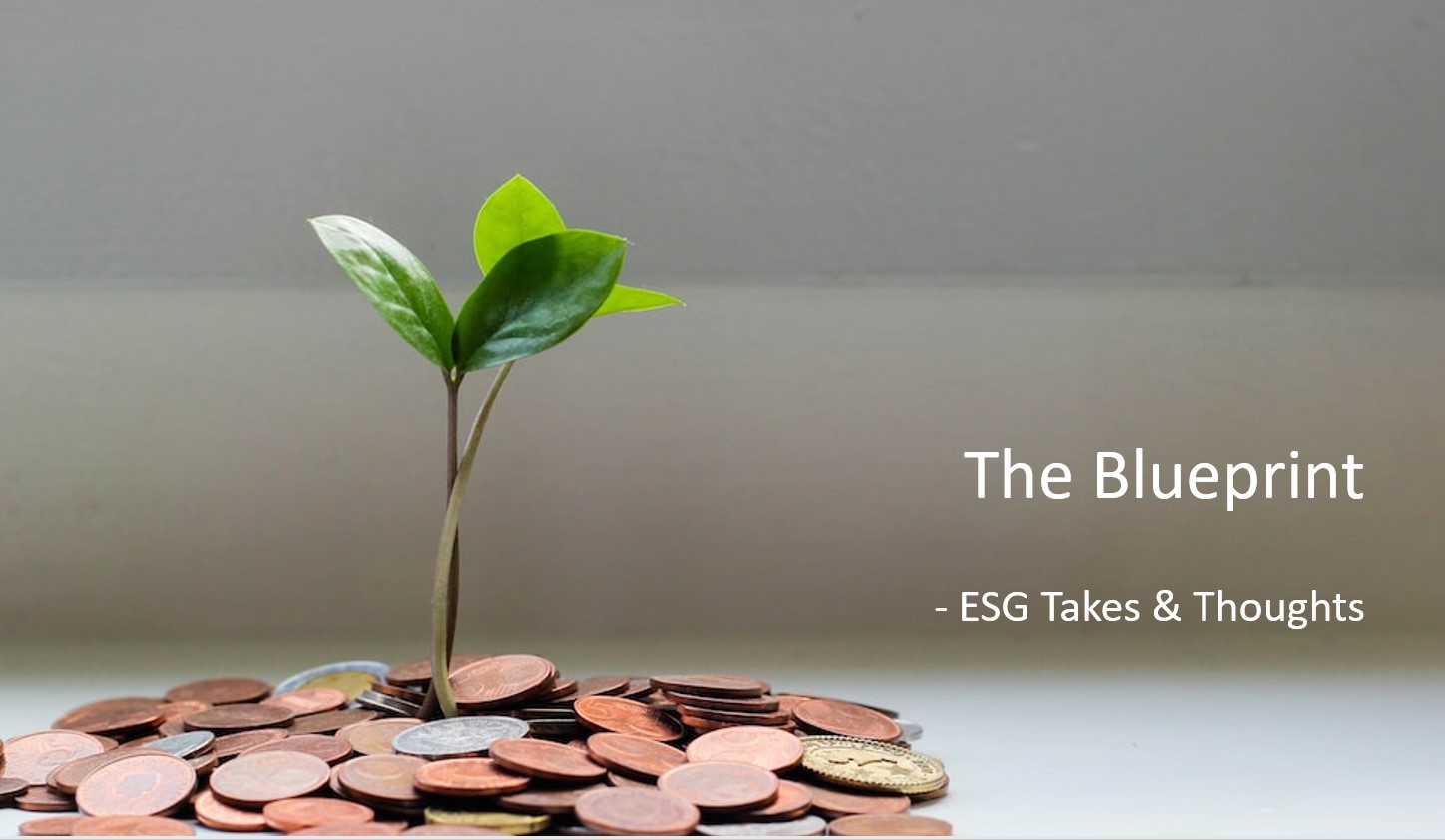
Decarbonising our concrete jungle
COP28 has put a spotlight on the need to accelerate sustainable urban development. Some of the world’s largest consumers of construction materials – including the US and the UK – reaffirmed their commitments to procuring low and near-zero-emission steel, cement and concrete under the UN-led Industrial Deep Decarbonization Initiative (IDDI).

Did you know: Concrete is the most-used material worldwide? About 25 billion tonnes are used per year.
Photo source: Freepik
The cement industry contributes around 8% of global human-caused emissions (Nature, 2021). Heavy emitters risk being caught out by the implementation of carbon taxes. Analysis by the Singapore Green Finance Centre concludes that most companies cannot survive an aggressive carbon price if they do not decarbonise and fully pass on costs to customers. Should carbon prices rise to be consistent with the Net Zero 2050 scenario, cement companies will see negative margins within the next decade.
Singapore first introduced the carbon tax, set at S$5 per tonne of emissions, in 2019. From next year, Singapore’s carbon tax will climb by five-fold to S$25 per tonne of emissions. This will increase to S$45 per tonne of emissions in 2026, and eventually to between S$50 and S$80 per tonne of emissions by 2030. The tax covers 80% of Singapore’s total greenhouse gas emissions from facilities in the manufacturing, power, waste, and water sectors (NCCS, NEA).
Design with nature in mind
Concrete is commonly used to provide housing for growing populations, with about 40% of total concrete production used to build residences. Concrete is also mixed with other materials to create support structures for offshore wind turbines.
Durable, cheap, and strong, concrete is also used in seawalls that protect coastlines from floods and storm surges. However, seawalls are different from natural coastal habitats. They lack crevices and tide pools and are usually steeper than natural shores. Researchers in Singapore are exploring ways to boost biodiversity on coastal defences, such as by retrofitting seawalls with biodiversity enhancement tiles.
Looking forward
This year, we saw the release of new products, platforms and partnerships – from Singapore’s first carbon credit implementation deal to the launch of Transition Credits Coalition (TRACTION) to support the early retirement of coal-fired power plants. In addition, the finalised Singapore-Asia taxonomy was released at COP28 – the first taxonomy in the world to pioneer the “transition” category across eight focus sectors – including industry.
As the effects of climate change are observed across the economy, countries and businesses are putting forward plans to cut GHGs from industry. Under PCM ESG Research Objective 2, we reinforce companies that reduce emissions in line with the Paris Agreement by curbing energy-related emissions, exploring alternative fuels, and minimising process emissions.
Important Information
This material is provided by Phillip Capital Management (S) Ltd (“PCM”) for general information only and does not constitute a recommendation, an offer to sell, or a solicitation of any offer to invest in any of the exchange-traded fund (“ETF”) or the unit trust (“Products”) mentioned herein. It does not have any regard to your specific investment objectives, financial situation and any of your particular needs.
The information provided herein may be obtained or compiled from public and/or third party sources that PCM has no reason to believe are unreliable. Any opinion or view herein is an expression of belief of the individual author or the indicated source (as applicable) only. PCM makes no representation or warranty that such information is accurate, complete, verified or should be relied upon as such. The information does not constitute, and should not be used as a substitute for tax, legal or investment advice.
The information herein are not for any person in any jurisdiction or country where such distribution or availability for use would contravene any applicable law or regulation or would subject PCM to any registration or licensing requirement in such jurisdiction or country. The Products is not offered to U.S. Persons. PhillipCapital Group of Companies, including PCM, their affiliates and/or their officers, directors and/or employees may own or have positions in the Products. This advertisement has not been reviewed by the Monetary Authority of Singapore.